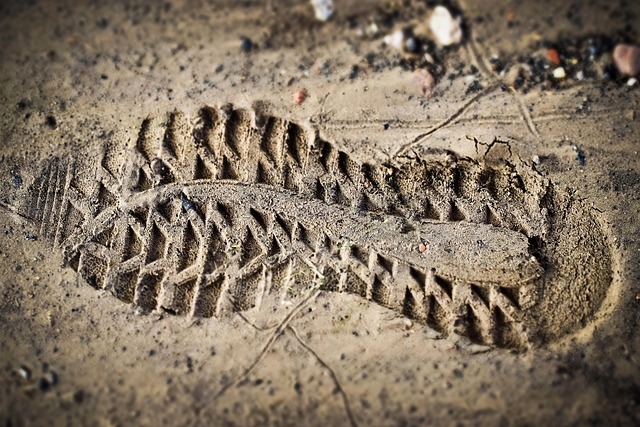In the midst of our ever-accelerating lifestyles, the delicate balance of nature often feels threatened. By reducing our ecological footprint, we can contribute to a healthier planet and cultivate a greener habitat for future generations. One of the most rewarding ways to do this is through sustainable gardening, where every seed sown not only nurtures plants but also revitalizes our connection with the Earth.
Imagine transforming your backyard into a sanctuary brimming with biodiversity. Start by selecting native plants that require less water and are more resilient to local pests. These plants thrive in their natural habitat and support local wildlife, from pollinators like bees and butterflies to birds. By choosing flora that is well-adapted to your environment, you are making a conscious choice that minimizes your ecological footprint while also creating a vibrant ecosystem right at home.
Composting is another effective way to reduce waste and nourish your garden. By recycling kitchen scraps and yard waste, you produce nutrient-rich compost that enriches the soil without the need for synthetic fertilizers. This not only reduces your ecological footprint but also promotes healthier plant growth and reduces greenhouse gas emissions from landfills. Plus, there’s something incredibly satisfying about transforming waste into a valuable resource.
Water conservation is crucial in the quest for sustainability. Consider implementing rainwater harvesting systems or using drip irrigation to ensure that your garden thrives without depleting vital water resources. Mulching your garden beds will help retain moisture, reduce the need for watering, and suppress weeds, making your gardening efforts more energy-efficient.
Let’s not forget about the benefits of companion planting! By strategically planting various species together, you can naturally deter pests, boost plant health, and maximize space. This method promotes a balanced ecosystem right in your garden and helps lower the need for chemical pesticides, all while respecting nature’s intricate web.
Moreover, becoming an eco-conscious gardener means embracing organic gardening methods. By avoiding harmful chemicals, you’re protecting not only your plants but also the surrounding wildlife and waterways. This commitment to organic practices fosters rich biodiversity, creating a healthier habitat for us all.
As you embark on your sustainable gardening journey, remember the power of community. Joining local gardening clubs or participating in community gardens can help you share knowledge, resources, and support while deepening your relationship with nature. Together, we can inspire a collective movement towards greener living, encouraging others to reflect on their ecological footprint.
In essence, every small step you take in your garden reverberates throughout the environment. From planting native species to adopting sustainable practices like composting and water conservation, each effort cascades into more significant changes. Through our commitment to sustainable gardening, we not only beautify our habitats but also cultivate a healthier planet, ensuring that nature continues to flourish for generations to come.




